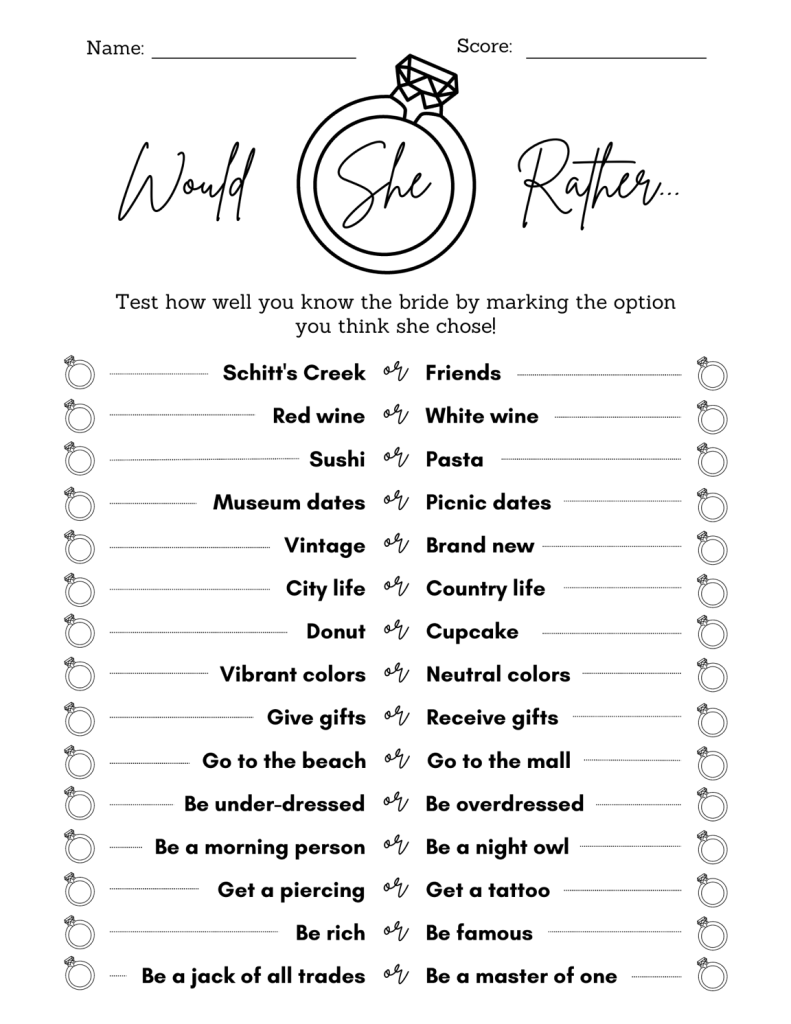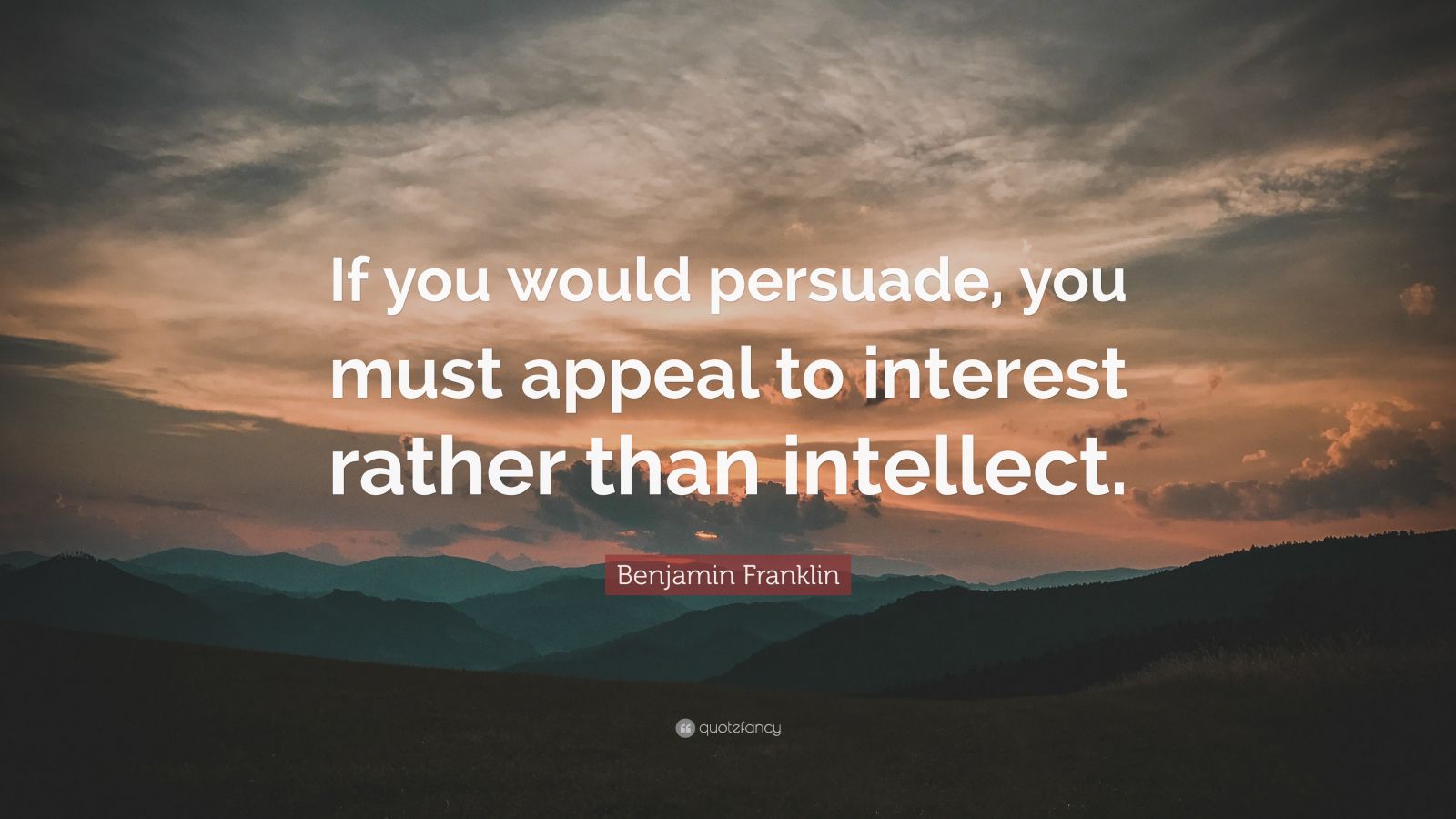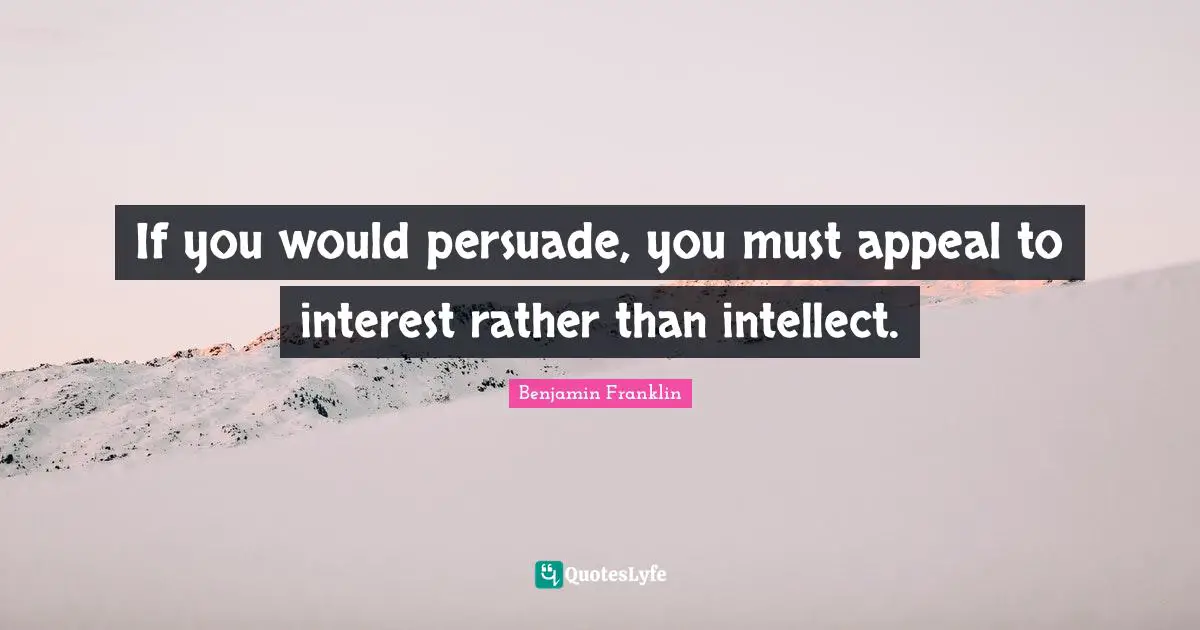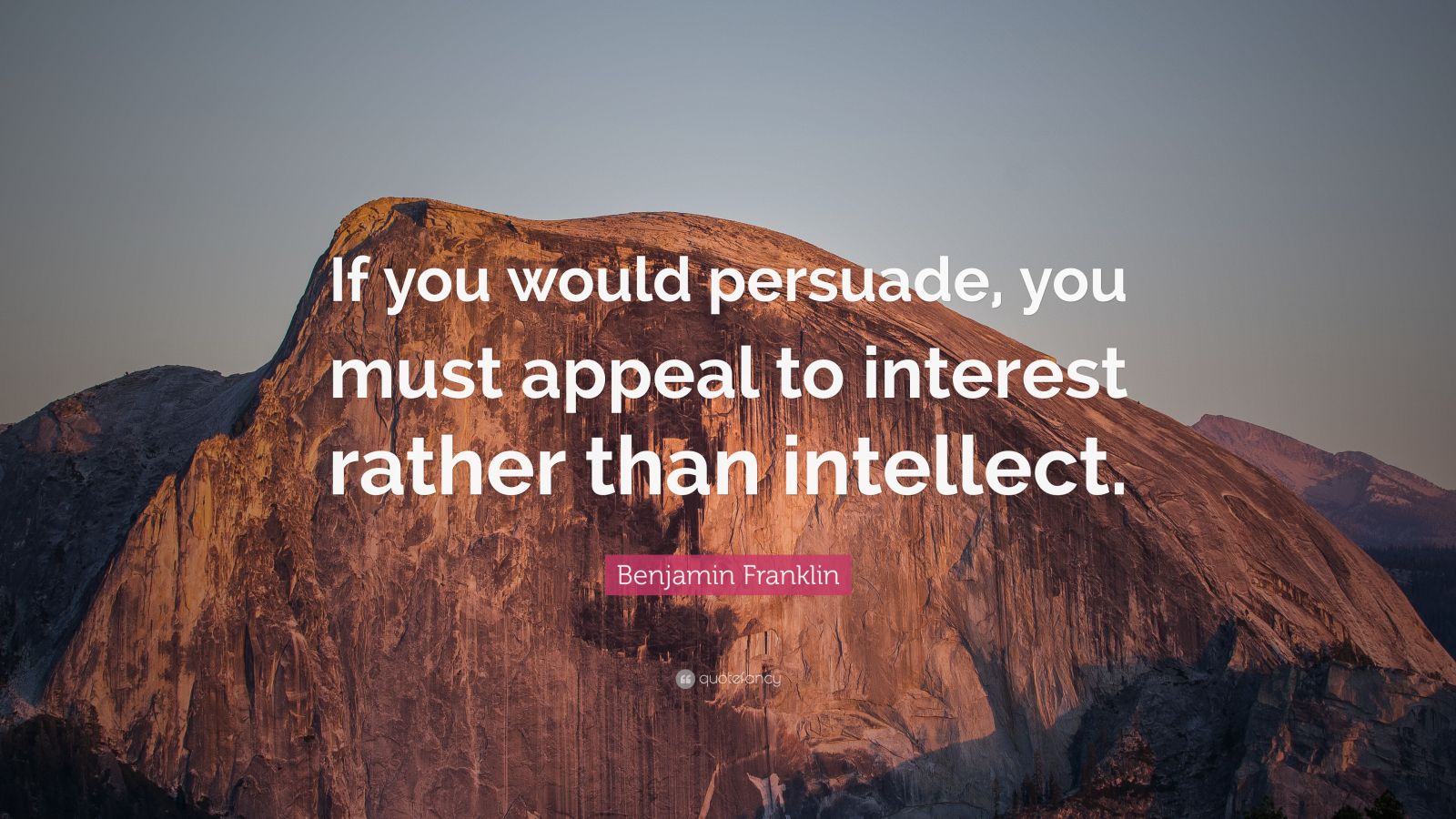Would You Reasonably? The Enduring Attraction Of A Easy Alternative
Would You Reasonably? The Enduring Attraction of a Easy Alternative
Associated Articles: Would You Reasonably? The Enduring Attraction of a Easy Alternative
Introduction
With nice pleasure, we are going to discover the intriguing subject associated to Would You Reasonably? The Enduring Attraction of a Easy Alternative. Let’s weave attention-grabbing data and supply contemporary views to the readers.
Desk of Content material
Would You Reasonably? The Enduring Attraction of a Easy Alternative

The deceptively easy premise of "Would You Reasonably?" has captivated audiences for generations, remodeling from playground banter to a viral web phenomenon and now, a burgeoning style of tv programming. The inherent human fascination with hypothetical dilemmas, coupled with the partaking format, explains the enduring attraction of this seemingly easy idea. However the success of "Would You Reasonably?" TV goes far past its fundamental construction; it delves into the complexities of human morality, reveals our hidden biases, and gives a surprisingly insightful window into our particular person and collective psyches.
The core of the "Would You Reasonably?" sport lies in its capacity to drive us to confront tough selections, typically with no straightforward solutions. These selections hardly ever contain easy good versus evil eventualities. As an alternative, they current us with two undesirable outcomes, every with its personal set of penalties and ethical implications. This forces individuals, and viewers alike, to weigh competing values, prioritize wants, and in the end reveal their private moral frameworks. Would you slightly save the lifetime of a liked one or forestall a world disaster? Would you slightly have immense wealth however be totally alone, or stay a modest life surrounded by loving family and friends? These aren’t questions with proper or improper solutions; they’re reflections of our particular person priorities and values.
The success of "Would You Reasonably?" TV stems from its capacity to leverage this inherent complexity. Whereas some reveals concentrate on lighthearted, humorous dilemmas, others delve into profound moral questions, sparking partaking discussions and difficult viewers’ preconceived notions. The format’s versatility permits for a variety of themes and tones, catering to various audiences. We see reveals that includes celeb company grappling with high-stakes eventualities, actuality competitors reveals the place contestants face more and more tough selections with real-world penalties, and even instructional applications that use "Would You Reasonably?" inquiries to discover advanced societal points.
One of many key causes for the format’s effectiveness is its inherent relatability. Whereas the eventualities introduced could be excessive or fantastical, the underlying questions typically faucet into common human experiences. The wrestle between private achieve and altruism, the stress between safety and freedom, the battle between loyalty and reality – these are dilemmas that resonate with audiences no matter their background or beliefs. This universality permits "Would You Reasonably?" to transcend cultural boundaries and attraction to a world viewers.
Moreover, the format encourages empathy and understanding. By listening to others articulate their reasoning behind their selections, viewers achieve insights into completely different views and worldviews. A participant’s rationalization of why they’d select one possibility over one other can reveal their underlying values, their fears, and their hopes. This strategy of shared deliberation fosters a way of group and encourages viewers to mirror on their very own beliefs and biases. The present turns into a platform for exploring various views and selling essential considering.
The evolution of "Would You Reasonably?" TV has additionally been fascinating to watch. Early iterations typically targeted on easy, typically humorous, dilemmas. Nonetheless, because the format has gained reputation, we have seen a shift in the direction of extra advanced and nuanced questions. Exhibits are actually incorporating components of storytelling, character improvement, and even psychological evaluation to complement the expertise. This evolution displays a rising recognition of the format’s potential to discover deeper themes and interact viewers on a extra mental degree.
The incorporation of psychological insights has additional elevated the style. Consultants are actually ceaselessly consulted to investigate individuals’ selections and supply context for his or her decision-making processes. This provides a layer of depth to the present, remodeling it from a easy sport right into a platform for understanding human conduct. By inspecting the cognitive biases, emotional responses, and moral frameworks that affect our selections, "Would You Reasonably?" TV can supply invaluable insights into the human situation.
Nonetheless, the style isn’t with out its criticisms. Some argue that the contrived nature of the dilemmas can result in unrealistic eventualities and superficial conclusions. The strain of the tv surroundings may also affect individuals’ selections, resulting in solutions that aren’t essentially reflective of their true beliefs. Moreover, the potential for manipulation and exploitation is at all times a priority, particularly in actuality competitors reveals the place the stakes are excessive.
However, the general influence of "Would You Reasonably?" TV stays constructive. Its capacity to spark conversations, problem assumptions, and promote essential considering is plain. The format’s versatility permits it to adapt to varied contexts and discover a variety of themes, from lighthearted leisure to profound moral dilemmas. By forcing us to confront tough selections and take into account different views, "Would You Reasonably?" TV encourages introspection, empathy, and a deeper understanding of ourselves and the world round us.
The way forward for "Would You Reasonably?" TV seems vibrant. Because the style continues to evolve, we will anticipate to see much more revolutionary approaches to the format, incorporating new applied sciences, incorporating interactive components, and delving into much more advanced and nuanced themes. The potential for this straightforward premise is huge, and its capacity to have interaction audiences and spark significant conversations ensures its continued relevance within the ever-evolving panorama of tv programming. The seemingly easy query, "Would you slightly…?" continues to unlock a wealth of human expertise, revealing the intricate tapestry of our values, beliefs, and in the end, our humanity. It’s a testomony to the ability of a easy option to illuminate the complexities of the human situation. And so long as we proceed to grapple with tough choices, the enduring attraction of "Would You Reasonably?" will stay sturdy. The questions could change, however the elementary human have to discover our ethical compass is not going to.








Closure
Thus, we hope this text has offered invaluable insights into Would You Reasonably? The Enduring Attraction of a Easy Alternative. We hope you discover this text informative and useful. See you in our subsequent article!